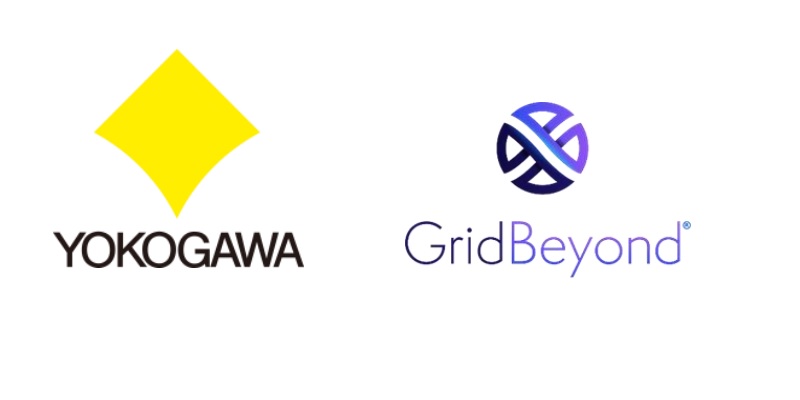Schedule a Call Back
RoI on a cobot is now 2-3 years, down from 5 years
 Industry News
Industry News- Apr 28,22

Demand for collaborative robots (cobots) is increasing across the word. In this interview, Maya Xiao, Senior Analyst, Interact Analyst, discusses how the collaborative robot market is performing as we come out of COVID.
What impact has the pandemic had on demand for cobots?
It’s had a positive impact… if we can talk about ‘positives’ coming from the virus. It’s true 2020 was the first ever year of negative growth for the cobot market, but 2021 saw a sharp recovery. And our forecasts for the medium-term are better than we had previously predicted. We now calculate the average RoI on a cobot is just 2-3 years, down from 5 years.
There are several reasons for this recovery. The first is that the pandemic has encouraged more companies to try automation as a solution to virus-related disruption. And now, as we come out of COVID, we have on-going labour shortages. Even emerging economies such as China and Mexico are feeling the pinch of rising labor costs.
The growing number of real-world examples has played its part too. When one company invests in cobots, and the solution is seen to work, competitors follow suit. Many pioneering companies have already deployed cobots, and now there’s a ripple effect.
And finally, the pandemic hasn’t exactly gone away. So there’s uncertainty. 2022 has seen new waves across the globe. People don’t know if it will come back again. So cobots are being used as a form of future-proofing. In this respect, COVID is not just a short-term driver. It’s a medium and even long-term one as well.
So, what’s the long-term outlook for the cobot market?
Up to 2025 and 2026 the outlook for cobots remains strong. Our final numbers are about to be released and it’s clearly looking like a larger market in the medium-term than we had previously forecast. One interesting thing to be aware of, and what sets them apart from industrial robots, is that cobots have broken out of manufacturing and into the wider service sector. For this reason, the cobot market will start to be more closely related to the performance of the wider macro economy.
What’s the single most interesting thing you’ve learned about cobots in your research?
It’s hard to pick one thing, but one interesting element is to do with the market – specifically the supply side. As with all industries, soaring raw material and energy prices are having a big impact on cobots. And components such as semiconductors are in short supply. Then, to cap it all, there’s the issue of shipping delays and associated astronomical freight costs. Good supply and delivery times are critical problems for robot vendors. Demand in 2022 is no problem. But the open question is, how long can supply continue to meet that demand.
Which part of the cobot market is most exciting right now?
We now forecast cobot market growth of up to 20% and even as much as 30% annually. That’s pretty exciting. But beyond that, I think what’s exciting is how well-educated about cobots the market now is. Three years ago that wasn’t the case, but cobot companies have very successfully changed this. It’s similar to the conversation surrounding electric vehicles, where people are no longer asking ‘should I buy an EV?’ They’re asking ‘Which EV should I buy?’
From a market perspective, food & beverage (F&B) is seeing strong cobot penetration globally. Cobots are attractive in F&B because they are well suited to relevant applications, such as pick & place or packaging. Additionally, cobots can handle larger payloads, making them competitive in the warehouse and logistics sectors. Semiconductor manufacturing is a really strong growth area too, and then there are the service industries – hotels, for example, and hospitals, where cobots are increasingly used in innovative applications such as taking patient temperatures.
But are cobots going to steal our jobs?
No. Cobots aren’t taking jobs, they are filling gaps in the labour market created by the labour shortage. Cobots can’t normally operate without human workers anyway – that’s why they are known as collaborative-robots! And they are and will be used to augment the output of existing workers as a solution to not being able to hire people due to the labour shortage, rather than to replace people.
For details, contact Maya Xiao on email: maya.xiao@interactanalysis.com
Related Stories
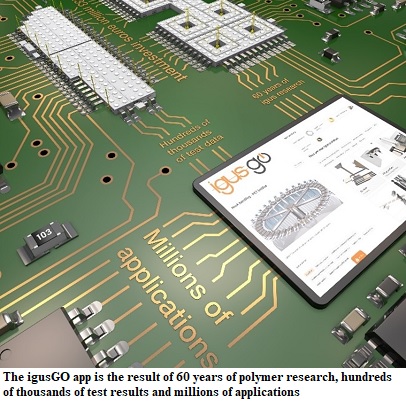
Igus to invest in 247 new motion plastics products in 2024
The German firm, which recorded Euro 1.136 billion turnover in 2023, increased its customer base by 6.7 per cent.
Read more
Electronic Automation offers smart solutions to our customers
In this interview, Shreedhar Kamat, Co-Founder & Chairman, Electronic Automation Pvt Ltd (EAPL), explains the emerging changes in the industry and how the company is gearing up to tap new opportunit..
Read more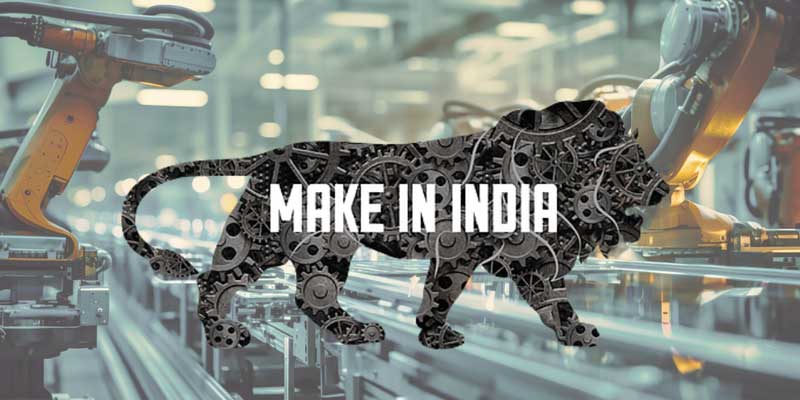
India: An enticing prospect for global manufacturers
India's advantageous geographical location offers access to major markets in Asia, the Middle East, and Africa, which makes it a perfect manufacturing base for businesses aiming to effectively servi..
Read moreRelated Products
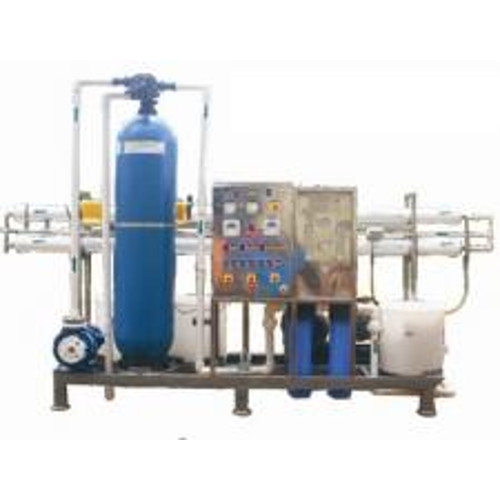
Industrial Desalination System
Shakunth Aqua Products offers a wide range of industrial desalination system. Read more
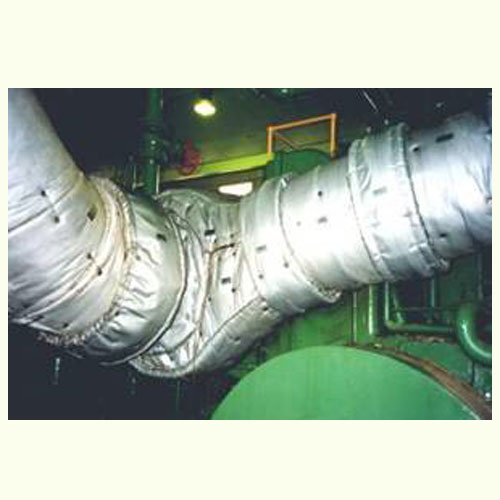
Industrial Castors & Wheels
H M Gulamali offers a wide range of castors and wheels manufactured by Blickle, Germany. Read more
Foxconn, Nvidia join forces for AI factories revolutionising tech production
Taiwanese technology giant Foxconn and leading US hardware company Nvidia revealed their partnership to establish "AI factories," advanced data processing centres geared toward driving the production Read more




